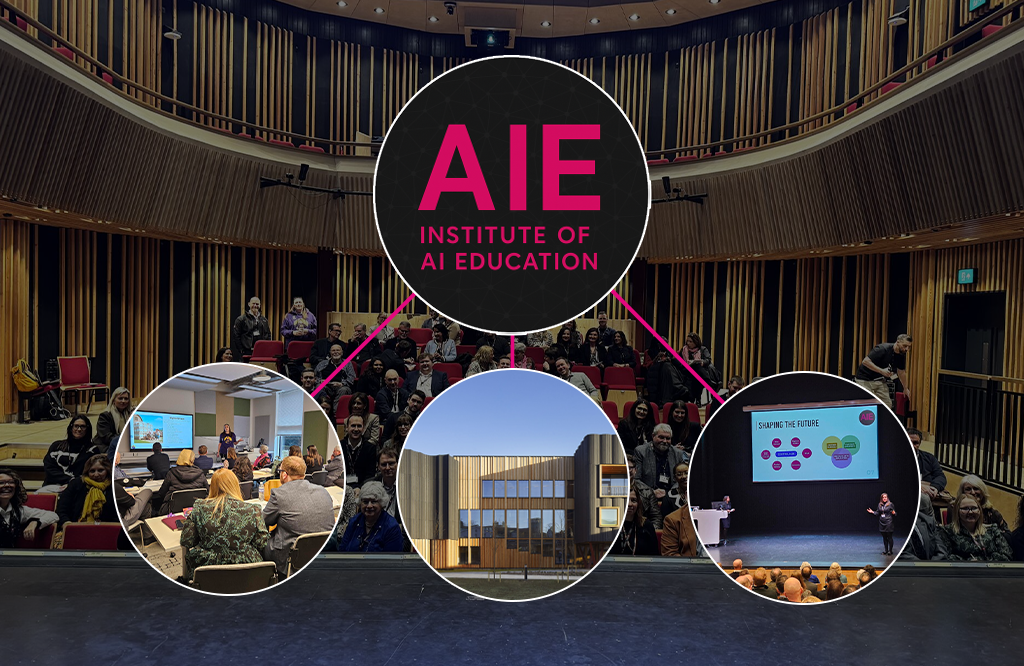A-level results 2025: Top grades up but regional divides widen in England
Latest A-level results show a rise in high grades across England and Northern Ireland, with Wales seeing a slight drop. Regional disparities in England have also widened compared to 2024.
More than a quarter of A-level entries across the UK were awarded A* or A grades this year, with 28.3% of all grades hitting the top band—up from 27.8% in 2024. The figure remains above pre-pandemic levels (25.4% in 2019), according to data from the Joint Council for Qualifications (JCQ).
While national results have stabilized following post-Covid adjustments, regional and national differences continue to shape the picture.
Top grades rise in England and Northern Ireland, fall in Wales
England recorded 28.2% of entries at A* or A, up from 27.6% last year. Northern Ireland also saw a slight rise to 30.4%, while Wales fell to 29.5%—down from 29.9%. This makes Wales the only UK nation where the proportion of top grades has declined year-on-year.
The figures reflect a continued normalization after years of disruption: teacher-assessed grades during 2020 and 2021 produced record highs, followed by gradual recalibration toward 2019 baselines.
This is now the second consecutive year that all three nations have returned to pre-pandemic grading standards.
Regional gaps in England grow wider
In England, the South East led with 32.1% of grades awarded at A or A*, while the North East recorded the lowest proportion at 22.9%. This 9.2 percentage point gap is wider than last year’s 8.8-point spread.
The North East and West Midlands were the only regions to record year-on-year declines in top grades. The North East is also the only region where A* and A attainment is lower than in both 2024 and 2019.
Education Secretary Bridget Phillipson says there are “entrenched inequalities that continue to blight the life chances of too many young people, especially those from white working class backgrounds who have long been overlooked.”
Skills pipeline and STEM momentum
Alongside results, UCAS and Ofqual data show increased interest in science, technology, engineering, and math (STEM). Science and math remain the most popular A-level subjects, and university applications for engineering and tech degrees are up 13% and 6%, respectively.
Sachin Vibhute, HVAC and heat pumps technical consultant and product training manager at LG Electronics, says, “A-level results day spark fresh optimism for a net-zero future, as UCAS figures reveal growing momentum in STEM interest. Today’s results bring renewed confidence the UK is building the skilled workforce needed to achieve its sustainability targets.
“Ofqual data for this year shows science and maths lead the pack as the most popular A-level subjects. And UCAS higher education applications for engineering and technology, and mathematical sciences, are up 13% and 6%, respectively. Today’s students are studying the key subjects needed to become tomorrow’s green pioneers.
“While the potential is there for them to become the skilled, driven professionals who will power the UK’s sustainability ambitions, more still needs to be done to shape these young professionals.
“The UK lacks a clear pipeline from A-level and higher education to skilled workforce. And with 260,000 new engineers and technicians needed by 2050 to support the country’s sustainability drive, we need clearer new pathways — from A-levels to degrees and beyond — that equip young people with real-world skills in green tech and inspire them to choose careers in sustainability.
“The good news is, that there are many ways this can be achieved. Grad schemes, apprenticeships, training academies and career fairs are all viable ways to capture the attention of school and university students of all ages, drawing them into the industry and setting them up for meaningful, rewarding careers.”
Some call for assessment reform as student learning habits shift
Amid the grading trends, others are questioning whether traditional exams are still fit for purpose.
Albert Clemente, CEO at FindTutors, a UK tuition service by GoStudent, says:
"Students are not less capable than previous generations but are instead navigating a rapidly evolving world with assessment tools designed for a different era. While many young people will be celebrating with joy today, others will be anxious about their future.
"With traditional exams increasingly seen as inadequate measures of student potential. The time is perhaps right to explore assessment innovations that better align with the strengths and needs of today's students. By embracing more diverse evaluation methods, such as, portfolio assessment, peer and self-assessments, and AI-based adaptive testing, we can create an education system that recognises the true state of UK students.”
























